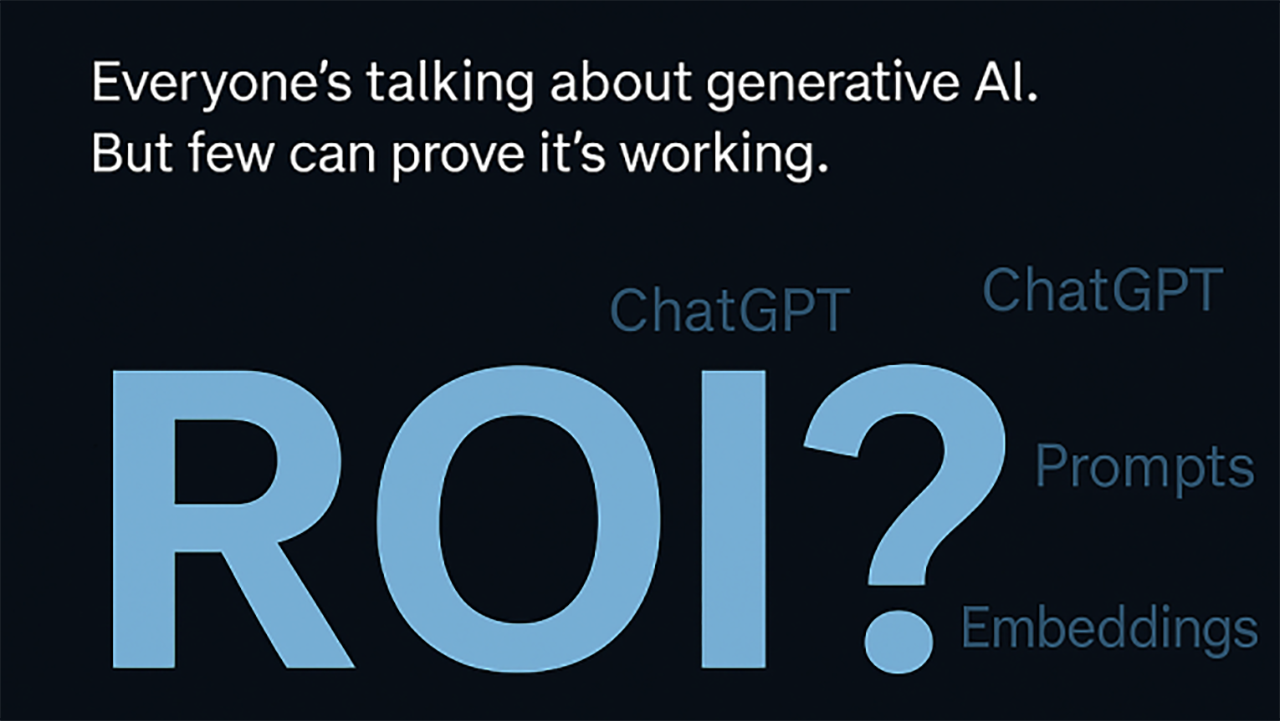XEROX had a research and development lab known as PARC which actually came up with a number of innovations and inventions which were critical to the desktop and mobile computing world which we see today. The problem is there was little accountability when it came to all of that funding, and how all of these projects could be monetized and yield a return on that funding. Apple had that exact same problem with their Advanced Technology Group (ATG) which was led by former PARC scientist, Dr. Larry Tesler. ATG worked on all sorts of fun and innovative projects but very little ended up making it into shipping product because no business case could be made. In the meantime, the company as a whole was floundering and falling behind in terms of shipping a modern operating system which could keep up with the ever increasing demands posed by being connected to the Internet. Similar to PARC, little actual monetization occurred with many internal projects. The problem at both companies were similar; lack of strong leadership, a false sense of security brought on up overconfidence and arrogance, and the lack of accountability for throwing money down into what seemed like a bottomless pit. Shareholders of course have power in such circumstances by being able to exert their voting power but with this sort of non voting class of shares where the founders (who are also making key decisions) have a controlling interest, there is little that one can do until it is too late. One of the first things Jobs did when he re-asserted control of Apple was to dismantle ATG (as opposed to having shareholders crawl up his ass to get the bleeding to stop).
As it stands, the primary reason which I’ve noted before as to why I divested myself of all my GOOG shares was because of the Motorola Mobility acquisition. There’s a lot of baggage (sizable workforce which increases Google headcount and expenses, legacy hardware, manufacturing facilities) and lack of synergy in terms of corporate culture. If part of the reason was to acquire MMI’s patent portfolio, then the acquisition would also be an expensive one since much of that portfolio is FRAND encumbered. And if Google does decide to get into the hardware business (manufacturing Android mobile handsets and tablets), then it will be in direct competition with their other Android partners (the type of move that didn’t work out well for Microsoft when they came out with the Zune and alienated their PlaysForSure partners). Furthermore, Google does not get customer support which comes with the territory when you get into the business of selling an actual branded hardware product. Customer support does not come cheap unless outsourced (something which Apple does not do with their AppleCare call centers).
Furthermore, all one has to do is compare AAPL and GOOG over specific timeframes beginning from 2004 to see which company has yielded the better returns. Google’s revenues and profits come primarily from their bread and butter search. Where is the rest of this innovation which Schmidt, Brin, and Page are talking about? Where is the return from all the products that Google has in their portfolio? Contrast this to Apple where they are showing actual solid numbers with Mac’s, iPod’s, iPhone’s, and iPad’s. In Google’s case, how exactly are those 3 going to be held accountable for their decisions when they hold the majority stake?




